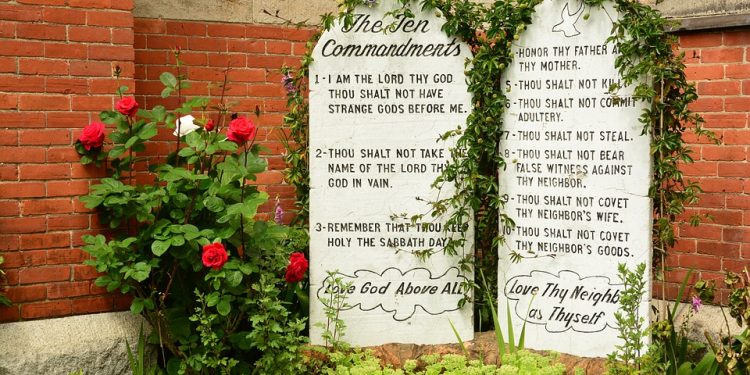The New Testament is a collection of sacred texts that form the foundation of Christianity. It is filled with stories of miracles, teachings of Jesus Christ, and guidance for believers. However, over the centuries, there has been much debate and speculation about the accuracy of the events described in the New Testament. Many of these debates revolve around the question of myth vs. reality.
One of the most famous stories in the New Testament is the resurrection of Jesus Christ. According to the Gospels, Jesus was crucified and buried, only to rise from the dead three days later. This miraculous event is the cornerstone of Christian faith, but skeptics often question the truth of this story. Some argue that it is simply a myth, created by the early followers of Jesus to validate their beliefs and attract new converts. Others believe that there is historical evidence to support the resurrection, such as the empty tomb and the testimony of eyewitnesses.
Another debated aspect of the New Testament is the accuracy of its teachings. Many critics argue that the words of Jesus Christ, as recorded in the Gospels, have been altered or embellished over time. They claim that the original message of Jesus has been distorted by later editors and translators, leading to misunderstandings and misinterpretations of his teachings. Others argue that the New Testament is a reliable source of information about the life and teachings of Jesus, and that its message is essentially unchanged from its original form.
In recent years, archaeologists and historians have made significant discoveries that shed new light on the events described in the New Testament. For example, the discovery of the Dead Sea Scrolls in the mid-20th century provided valuable insight into the religious beliefs and practices of ancient Jews, which in turn helped to interpret the teachings of Jesus in their historical context. Other archaeological finds, such as the remains of ancient cities mentioned in the New Testament, have helped to corroborate the accounts of biblical events.
Ultimately, the question of myth vs. reality in the New Testament is a complex and ongoing debate. While some aspects of the New Testament may be open to interpretation or disputed by scholars, there is no denying the profound impact that these texts have had on Western civilization and the development of Christianity. Whether one believes in the literal truth of the New Testament or sees it as a collection of allegorical stories, its influence on the world cannot be denied. The New Testament continues to be a source of inspiration, guidance, and controversy for believers and skeptics alike.









Discussion about this post